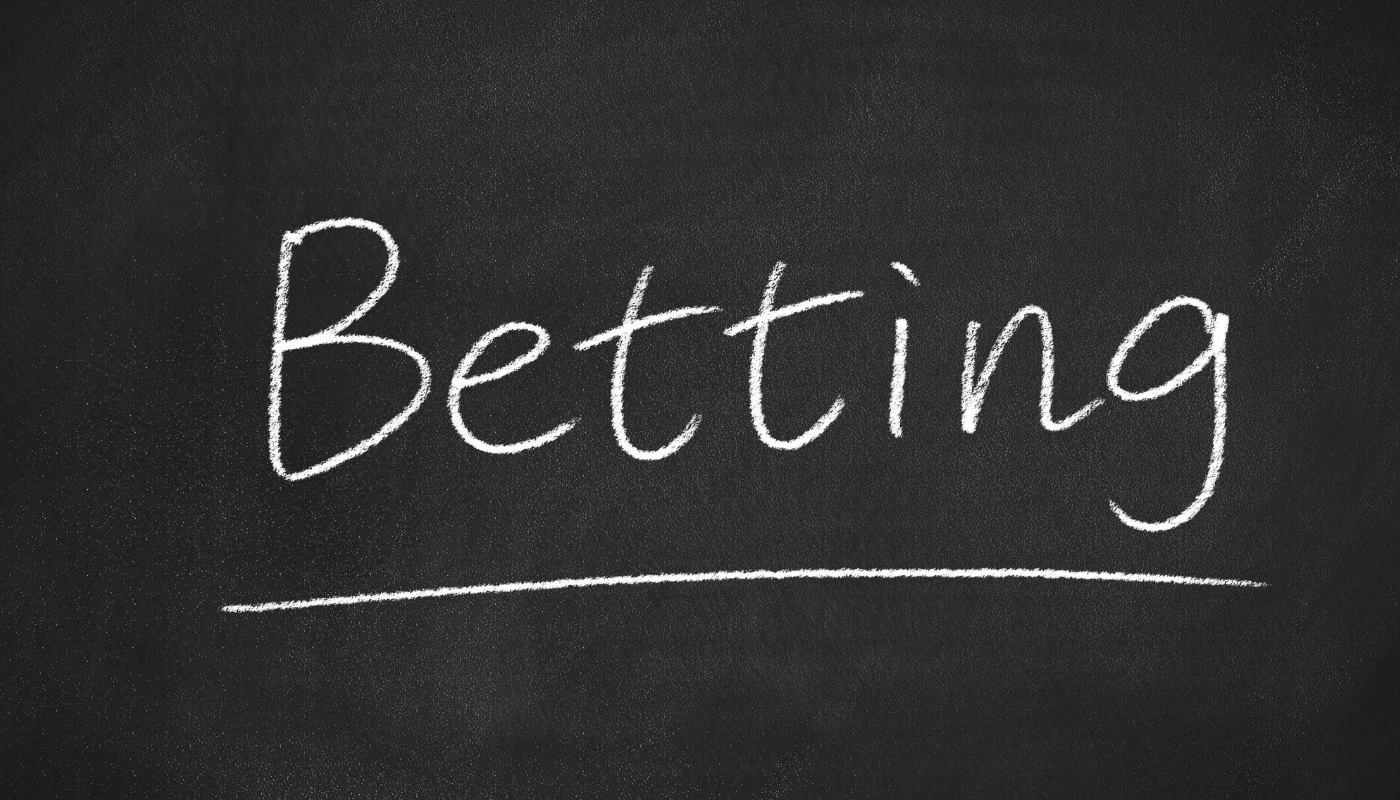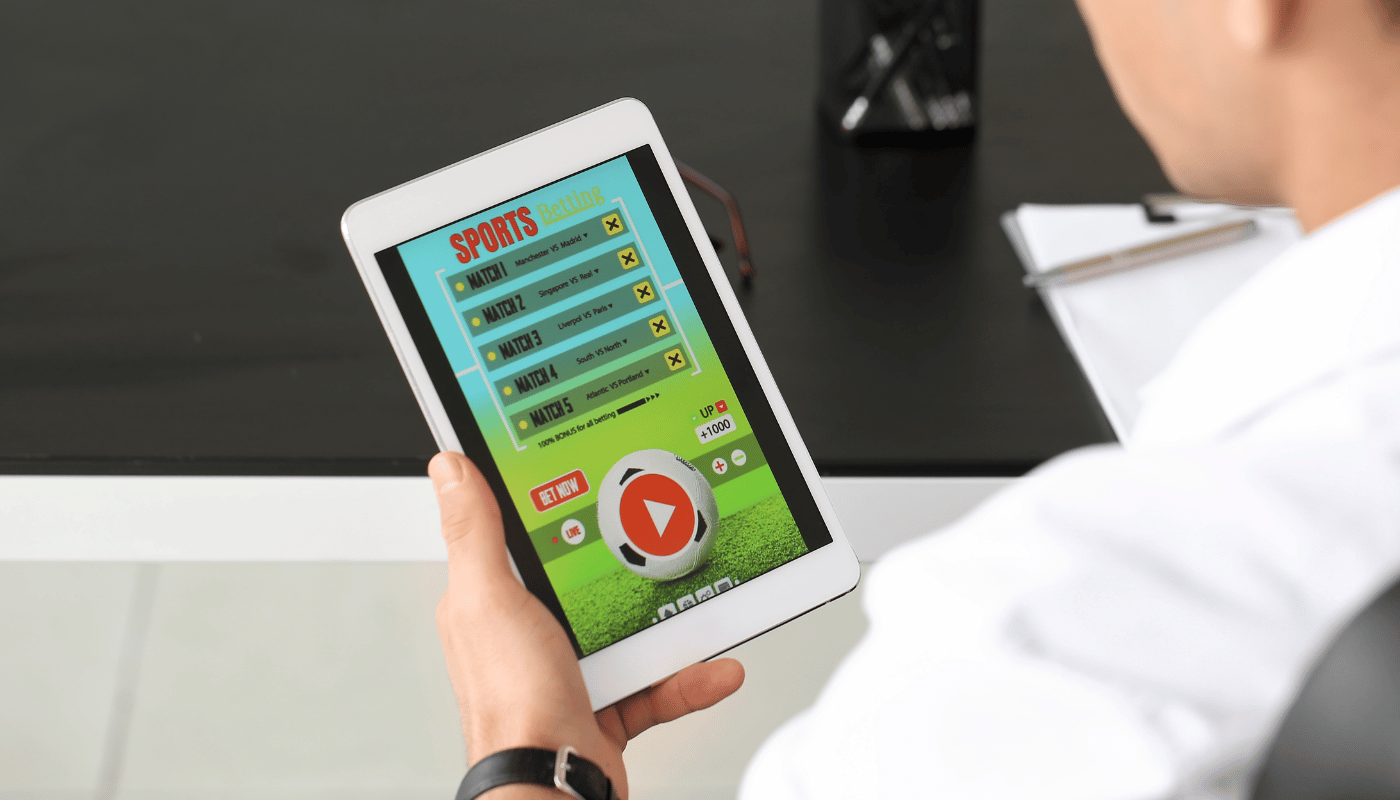When recovering from a concussion, the choices made in daily activities can significantly impact the healing process. Concussions, a form of traumatic brain injury, temporarily affect brain function and often result in symptoms like headaches, dizziness, and sensitivity to light or noise. Recovery typically involves ample rest, avoidance of stress, and steering clear of substances that could hinder brain healing.
One common question that arises during concussion recovery is, should you drink when you have a concussion? Alcohol, known for its depressant effects on the central nervous system, can interfere with the brain’s natural repair processes and potentially worsen post-concussion symptoms. In this article, we’ll explore the role of alcohol in concussion recovery, why it’s advised to avoid drinking, and what medical experts recommend. Understanding the potential risks associated with alcohol during recovery can help individuals make informed decisions that support safe, effective healing.
Understanding Concussions and Their Effects
A concussion is a mild traumatic brain injury that occurs when the brain is jolted or shaken within the skull, often due to a blow to the head or a sudden impact to the body. This type of brain injury can disrupt normal brain function and result in a range of symptoms that affect physical, cognitive, and emotional health. Although concussions are typically considered mild injuries, their effects can be significant, especially if not managed properly.
Concussions are commonly caused by accidents, falls, sports injuries, and motor vehicle incidents. In each of these cases, the force of impact causes the brain to move within the skull, leading to temporary changes in how the brain functions. Symptoms of a concussion vary widely, from physical issues like headaches, dizziness, and nausea to cognitive difficulties such as confusion, memory problems, and slowed thinking. Emotional symptoms, including irritability, anxiety, and mood swings, are also common, as are sensitivity to light and sound.
Given the wide range of symptoms, recovery from a concussion can be challenging, often requiring a careful balance of rest and gradual return to normal activities. For individuals in recovery, lifestyle choices play a critical role, especially when it comes to substances like alcohol. This raises the question, should you drink when you have a concussion? Since alcohol has a direct impact on brain function, consuming it during recovery may exacerbate symptoms or slow the healing process.
Understanding the effects of a concussion and the role that lifestyle factors play is essential to a successful recovery. Being aware of the potential risks and making informed choices can help individuals manage their symptoms and promote effective healing.
The Role of Alcohol in Brain Function
Alcohol is a depressant that impacts brain function by slowing down the central nervous system. In healthy individuals, alcohol affects cognitive processing, motor coordination, and decision-making abilities. The brain experiences slowed reaction times, impaired memory, and a decrease in judgment abilities under the influence of alcohol. When someone is recovering from a concussion, these effects can become even more pronounced, as the brain is already in a vulnerable state and working to repair itself.
Drinking alcohol during concussion recovery can interfere with the brain’s healing process. Since alcohol affects areas of the brain involved in memory, focus, and mood regulation, consuming it can worsen post-concussion symptoms. It may also contribute to prolonged recovery times, as alcohol hinders the body’s ability to repair brain cells and maintain normal brain function. This raises an important question for many recovering individuals: should you drink when you have a concussion?
The following list outlines some of the primary ways alcohol affects brain function, especially in the context of a recovering brain:
- Slows Down Brain Activity: Alcohol reduces the speed of neural transmission, making it harder for the brain to process information efficiently.
- Impairs Cognitive Function: Memory, judgment, and concentration are particularly affected, which can exacerbate similar post-concussion symptoms.
- Disrupts Sleep Cycles: Alcohol interferes with REM sleep, crucial for brain recovery, which is particularly important during post-concussion rest.
- Increases Risk of Mood Disturbances: Alcohol can worsen feelings of depression or anxiety, both common after a concussion.
- Increases Risk of Re-injury: Alcohol impairs balance and coordination, raising the risk of falls and further injury during a vulnerable recovery period.
These effects demonstrate how alcohol can intensify issues already present in concussion recovery, such as impaired concentration, memory problems, and mood swings. The disruption of sleep patterns is particularly concerning, as adequate rest is essential for brain healing. Without proper sleep, the brain’s ability to process and recover from trauma is significantly reduced, which can lengthen the overall recovery timeline.
For individuals recovering from a concussion, abstaining from alcohol can reduce the risk of worsening symptoms and support a smoother, faster recovery. Since alcohol can amplify many of the difficulties faced during concussion healing, avoiding it is often advised as a key part of the recovery process. By understanding alcohol’s effects on brain function, individuals can make informed choices that promote brain health and aid in a full return to well-being.
Risks of Drinking Alcohol After a Concussion
Consuming alcohol while recovering from a concussion can introduce various risks that may complicate or even hinder the healing process. When the brain is injured, it requires time and a stable environment to recover. Alcohol, however, interferes with brain function and can prolong or intensify post-concussion symptoms. For those wondering should you drink when you have a concussion, understanding the specific risks involved can help in making informed decisions about alcohol use during recovery.
Drinking alcohol post-concussion can worsen symptoms such as headaches, dizziness, and fatigue, making it harder for individuals to regain normal functioning. The brain’s capacity to process information, regulate emotions, and maintain balance is already compromised by the injury, and alcohol amplifies these challenges. Additionally, alcohol consumption may increase the likelihood of reinjury by impairing motor skills and judgment, leaving individuals more susceptible to accidents or falls.
The following table outlines the primary risks associated with drinking alcohol after a concussion and the potential consequences:
| Risk | Potential Consequences |
| Worsening of Cognitive Symptoms | Increased confusion, memory problems, and difficulty focusing |
| Heightened Emotional Instability | Greater risk of mood swings, anxiety, and irritability |
| Prolonged Recovery Time | Delayed symptom improvement and extended healing period |
| Increased Headache and Dizziness | Intensified head pain and balance issues, making recovery harder |
| Higher Risk of Re-injury | Impaired motor function, leading to falls or additional injury |
These risks underscore the impact that alcohol can have on a brain that is already in a vulnerable state. Cognitive symptoms such as memory lapses and focus issues can become more pronounced, while mood changes may feel more extreme. This combination makes it challenging for individuals to engage in daily activities or return to work or school during recovery.
Avoiding alcohol during the initial stages of recovery and even beyond is often recommended as a precaution. Alcohol not only risks worsening symptoms but also extends the time required for the brain to heal fully. For those in recovery, giving the brain every advantage to repair itself is essential, and limiting exposure to substances like alcohol can be a powerful step toward a smoother, more effective recovery.
Medical Recommendations on Alcohol Consumption Post-Concussion
Medical professionals generally advise against alcohol consumption during concussion recovery due to its potential to delay healing and exacerbate symptoms. Since concussions affect cognitive and neurological function, maintaining a stable and supportive environment is key to a smooth recovery. Experts highlight the importance of abstaining from alcohol, particularly in the initial stages, to allow the brain the best opportunity to heal without additional interference.
For individuals recovering from a concussion, common questions include should you drink when you have a concussion or if there are any exceptions to alcohol abstinence during recovery. While recommendations can vary depending on the severity of the injury and individual circumstances, most healthcare providers align on key guidelines for safe recovery.
Below are some general recommendations regarding alcohol consumption post-concussion:
- Abstain from Alcohol Completely During Early Recovery: Avoid drinking altogether in the first few weeks post-injury, as this is when the brain is most vulnerable.
- Monitor for Persistent Symptoms: If symptoms like dizziness, headaches, or mood swings persist, continue to avoid alcohol until they have fully resolved.
- Discuss with a Healthcare Provider: Consult a doctor before reintroducing alcohol, especially if returning to normal activities.
- Limit Alcohol Consumption if Symptoms Return: Even after recovery, some individuals may experience a return of symptoms with alcohol use, signaling the need to limit intake.
- Follow Long-term Recommendations for Safe Brain Health: Some patients are advised to reduce alcohol use long-term if they experience ongoing symptoms.
By adhering to these guidelines, individuals can avoid many of the potential setbacks associated with drinking during recovery. Monitoring symptoms and working closely with a healthcare provider ensures that any changes in recovery are addressed promptly. As alcohol can mask or worsen symptoms, healthcare experts often suggest extended abstinence if symptoms reappear or continue after initial healing.
Following professional recommendations is essential for a healthy recovery. These guidelines offer a proactive approach, reducing risks associated with alcohol and promoting a supportive environment for brain health.
Personal Stories: Experiences with Alcohol After Concussion
Hearing personal stories from individuals who have experienced concussions can provide valuable insights into the effects of alcohol on recovery. These accounts highlight the challenges of managing symptoms and underscore why medical advice often discourages drinking after a concussion. For those who wonder, should you drink when you have a concussion, personal experiences reveal how alcohol can intensify symptoms and delay healing.
One common experience involves individuals who resumed drinking shortly after their injury. Many report a noticeable increase in symptoms like headaches, dizziness, and difficulty concentrating after consuming even small amounts of alcohol. For instance, one individual noted that a single glass of wine triggered severe headaches and worsened sensitivity to light and sound. These lingering effects caused a setback in their recovery, leading them to avoid alcohol entirely until their symptoms improved.
Another person shared their experience of drinking at a social event only to experience extreme mood swings and a return of symptoms they thought had resolved. This episode highlighted how alcohol could mask lingering concussion symptoms, creating the illusion of recovery when the brain still needs time to heal. Many who have experienced similar setbacks advocate for a cautious approach, suggesting that avoiding alcohol is essential to a smoother, faster recovery.
These personal stories offer practical examples of how alcohol can complicate concussion recovery. For many, these experiences serve as reminders of the risks and reinforce the importance of heeding medical advice for a full, uninterrupted healing process.
Alternative Coping Strategies During Recovery
During concussion recovery, social gatherings and stress management can be challenging, especially when alcohol is often present or viewed as a way to unwind. For those recovering, abstaining from alcohol is critical to avoid worsening symptoms or extending the recovery period. When the question arises—should you drink when you have a concussion—it’s useful to explore alternative methods that support recovery while addressing social and personal needs.
Fortunately, several coping strategies can help individuals manage stress and socialize comfortably without alcohol. These approaches focus on promoting relaxation, enhancing well-being, and maintaining a sense of connection.
Below are some recommended alternatives for managing stress and socializing:
- Engage in Mindfulness Practices: Activities like meditation, deep breathing, and progressive muscle relaxation can reduce stress and support mental clarity.
- Practice Physical Activity: Gentle exercises, such as walking or yoga, boost endorphins and improve mood without the need for alcohol.
- Explore Non-Alcoholic Drinks: Experimenting with mocktails or non-alcoholic beverages can offer a social drink alternative that feels festive without the risks.
- Focus on Hobbies and Creative Outlets: Engaging in hobbies, such as painting, writing, or crafting, can provide a productive way to relax and unwind.
- Connect with Supportive Friends or Groups: Surrounding yourself with understanding friends or joining support groups helps maintain social connections in a recovery-friendly environment.
Using these strategies allows individuals to navigate social situations while still prioritizing their health and recovery. Mindfulness practices and light physical activity can be incorporated into daily routines, helping reduce stress and enhance overall well-being. Non-alcoholic options and engaging in hobbies provide a way to unwind without risking setbacks to recovery.
Adopting these alternatives during recovery helps in maintaining a balanced and supportive environment, ensuring that the brain has the time and stability it needs to heal. By exploring and practicing these alternatives, individuals can maintain their social lives and manage stress without compromising their progress.
Conclusion
Recovering from a concussion requires careful attention to lifestyle choices, and avoiding alcohol is a key part of supporting brain healing. For those wondering should you drink when you have a concussion, the evidence points strongly against it. Alcohol can worsen symptoms, extend recovery time, and introduce additional risks, such as cognitive delays and re-injury.
Understanding the effects of alcohol on the brain and following medical recommendations can lead to a safer, faster recovery. With the support of alternative coping strategies, individuals can manage stress and socialize without compromising their health. Listening to the body’s needs and avoiding alcohol during recovery ensures that the brain has the time it needs to heal effectively. Prioritizing health in this way can prevent setbacks and help individuals achieve a full, lasting recovery.


